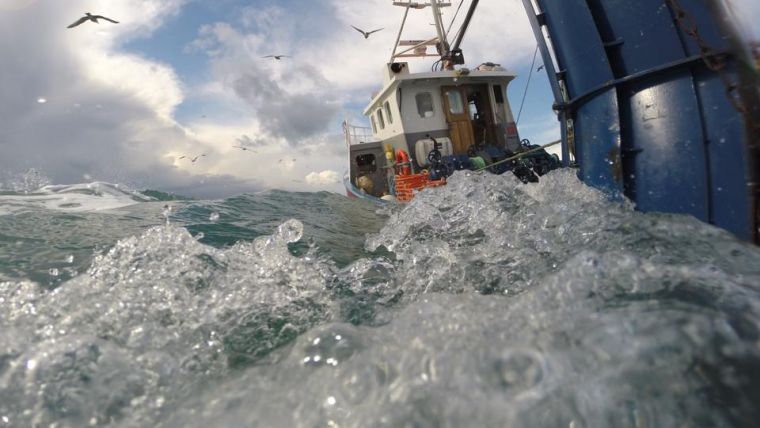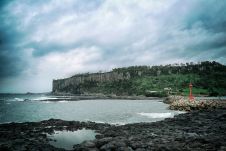Underwater Noise Analysed around UK Coast
The Centre for Environment, Fisheries and Aquaculture Science (Cefas) has teamed up with Marine Scotland Science and the University of Exeter to analyse underwater noise data from subsea sound recorders located around the UK coast. The results of the Defra-funded study have now been published in an article titled 'Underwater noise levels in UK waters' in the 'Nature' journal's 'Scientific Reports'.
Sources of noise in the ocean include shipping, seismic exploration and construction activity, such as port extensions or offshore wind farms. There is concern that rising levels of underwater noise pollution worldwide may have an impact on marine life by interfering with communication, causing changes in behaviour, and raising stress levels.
Policy on Underwater Noise Pollution
For the first time, the team has drawn together measurements from around the UK coast to make an assessment of underwater noise pollution. They found that many sites were exposed to persistent noise from shipping traffic, while other locations were comparatively undisturbed. In addition to shipping noise, the team also identified noise from onshore industrial activities, fishing, and acoustic deterrent devices (ADDs; also known as ‘seal scarers’). The study will inform UK policy on underwater noise pollution, and forms the basis of the UK assessment of underwater noise under the EU Marine Strategy Framework Directive (MSFD), which assesses the status of European seas.
Cefas principal scientist and lead author of the paper, Dr Nathan Merchant said this is the first time to have had an overview of noise levels around the UK, which means there is a benchmark against which to measure future changes in noise pollution. Ongoing noise monitoring will allow to see whether efforts to reduce noise pollution are effective and if the pressure on marine ecosystems from manmade noise is rising or falling.
Varying Noise Levels
Dr Kate Brookes, Renewable Energy co-group leader, Marine Scotland Science said that understanding current noise levels underwater and the effect these have on marine wildlife is critical to allow to developing plans to manage human activities. Marine Scotland Science have been monitoring ambient noise levels off the Scottish coast for four years as part of the ECOMMAS project (East Coast Marine Mammal Acoustic Studies) and the inclusion of these data alongside others from the rest of the UK present the first opportunity to understand how level vary around the UK.
Dr Matthew Witt, senior lecturer in Natural Environment, University of Exeter said that of great importance is the development of a coherent policy on underwater noise pollution, built upon a robust evidence-base, that helps to limit the insidious effects of human noise on coastal ecosystems, particularly given the important role these ecosystems play in Earth’s life-support systems.
Cefas is currently working in partnership with several UK universities to establish a permanent noise monitoring network, which will become operational in 2017.














